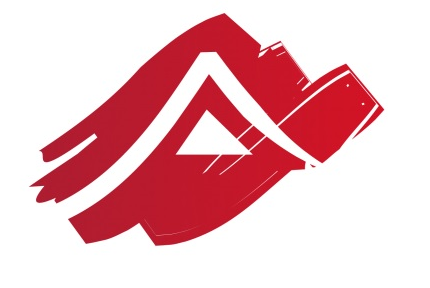When we talk about the career, the role as leader or the role of HR, winds have changed with the relentless acceleration of artificial intelligence, cognitive technologies and automation. When CEOs were asked to rate the most important measure of success, “the impact on society” is cited at the top in 2019. Under the new technology and acknowledgement of improving the communities where we live, three fronts must be reinvented in the dynamic of economic and social environment: the Workforce, the Organization and HR, based on the 2019 Deloitte Global Human Capital Trends.
The substitution pressure by automation process put the Workforce face in the strong wind of reinvention, either riding the winds to become more interpretive, service-oriented or being eroded by the new-technology wave. Instead of taking up the job opportunities, automation process removes the routine work and makes jobs more “human”. The new roles taking advantage of machines in the future are called ‘’super jobs’’, specifically “manager”, “designer”, “architect” and “analyst” in the functional departments. They bring together technical skills, including technology operations and data analysis and interpretation, with “soft” skills in areas such as empathy, communication, service and collaboration.
The hybrid jobs require the ability of “heavy learning” by taking time to learn, grow and push yourself at work. The need to improve learning and development is the top-rated trend for 2019. To reskill and refresh the workforce is not only important for the workforce but also essential for the enterprise to set up the ecosystem. Udemy’s new report shows that highly engaged companies are 200% more likely to have employees who spend 30-50 hours a year on learning. The emergence of learning experience platforms, LXPs, support people to learn at work with strong integration into systems and enormous resources based on different requirements. To learn at work and to learn in life is the way to survive and develop for employees. To corporate the human experience, organizations strategies and cultures have been undergoing a dramatic shift.
The future of Organization addresses essentially despite all apparent changes: maintaining the balance between work and life. The biggest challenge identified in recent years is improving the “employee experience”. For organizations, this requires the advances for meaningful work, the sense of belonging, trust and relationship. For employees, the underlined implications are high engagement during the working periods and positive exit after they leave the organizations. More specifically, the high employee engagement is along with positive psychological characteristics, vitality, devotion, concentration and responsibility in certain projects. These positive conditions are highly correlated with good employee performances according to researches. The positive exit means that after employee leave the organizations, they are more likely to recommend the organizations to others.
Although the importance of employee experience is highly valued, the acquisition is quite hard to maintain. According to the research of Gallup (2019), only 12% of employees strongly agree their organization does a good job of onboarding. 52% of exiting employees say their manager or organization could have done something to prevent them from leaving. Based on the reality, you may ask why it is this situation and what we can do to improve the employment experience. No doubt that rapid growth of alternative workforce challenge the traditional organizational structures, since it is not easy to make contractors, workers who participate in a certain project or paid by the task have the sense of belongings, the enthusiasm to devote and the willingness to communicate to the organization. Besides, the digital management may weaken the humanistic solicitude and face-to-face communication, making it even more difficult to solve problems in time and achieve the scientific decision.
This new global trend generates new requirements for organizations and HR management. Future organizations are shifting from functional hierarchy to the enable[1] organizations. There are two points to understand the concept of “enable”. Based on each project, employees can approach to and make use of resources in the organization more easily, with task-oriented and inter-departmental cooperation environment. For the execution, the operation of the team/project leader focuses on each step of the task, with short time feedback and efficient adjustments (similar to agile based approach). Besides, future organizations emphasize both incorporating office facilities support and digital support. For example, you should differentiate the office’s environment in reference to the specificity of work, distinguishing from team-oriented communication atmosphere to independent creative space. Besides, support the employers with advanced software solutions, for example using CRM software to categorize customer data and applying mobile computerized software to manage team and assign work. Future HR is capable of supporting employees with learning programs and training programs to develop talent. Based on the analysis results, “heavy learners” perform better in overcoming the technology gap and showing higher engagement. Meanwhile, it also plays important roles of identifying existing internal talent and potential inter-departmental talent cooperation. This would be a win-win strategy.
The high-performance organizations are promoting teaming and networking within their organizations, such as Cisco and Google. Bosch Management Support GmbH manages its on-call contingent workforce from the former and retired employees worldwide to support the group in functions and projects. Meanwhile, more complex functions and projects require higher managerial skills. New trends in human capital volume up quickly adaptive behaviors and leadership for workforce. These trends emphasize the transparency in the company to motivate and develop employers’ performance. Last but not least, continuous learning in the flow of work remains essential and combines online methods and physical in-person classroom setting in order to embrace Learning and Development evolution and to strengthen employee.
Pierre MAURIN Partner ALHAMBRA International
Tiantian XIONG Consultant ALHAMBRA International
SKILFI Employee Experience Solutions
[1] Empower the employees to execute based on projects.



